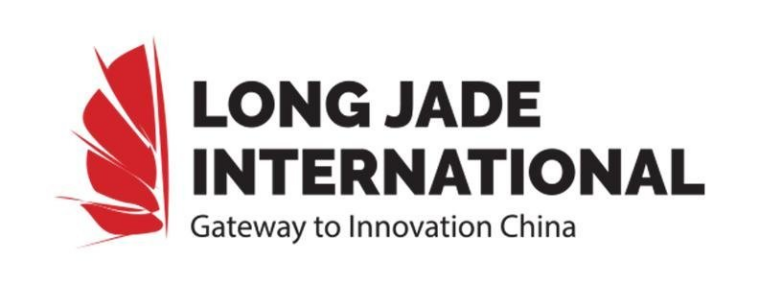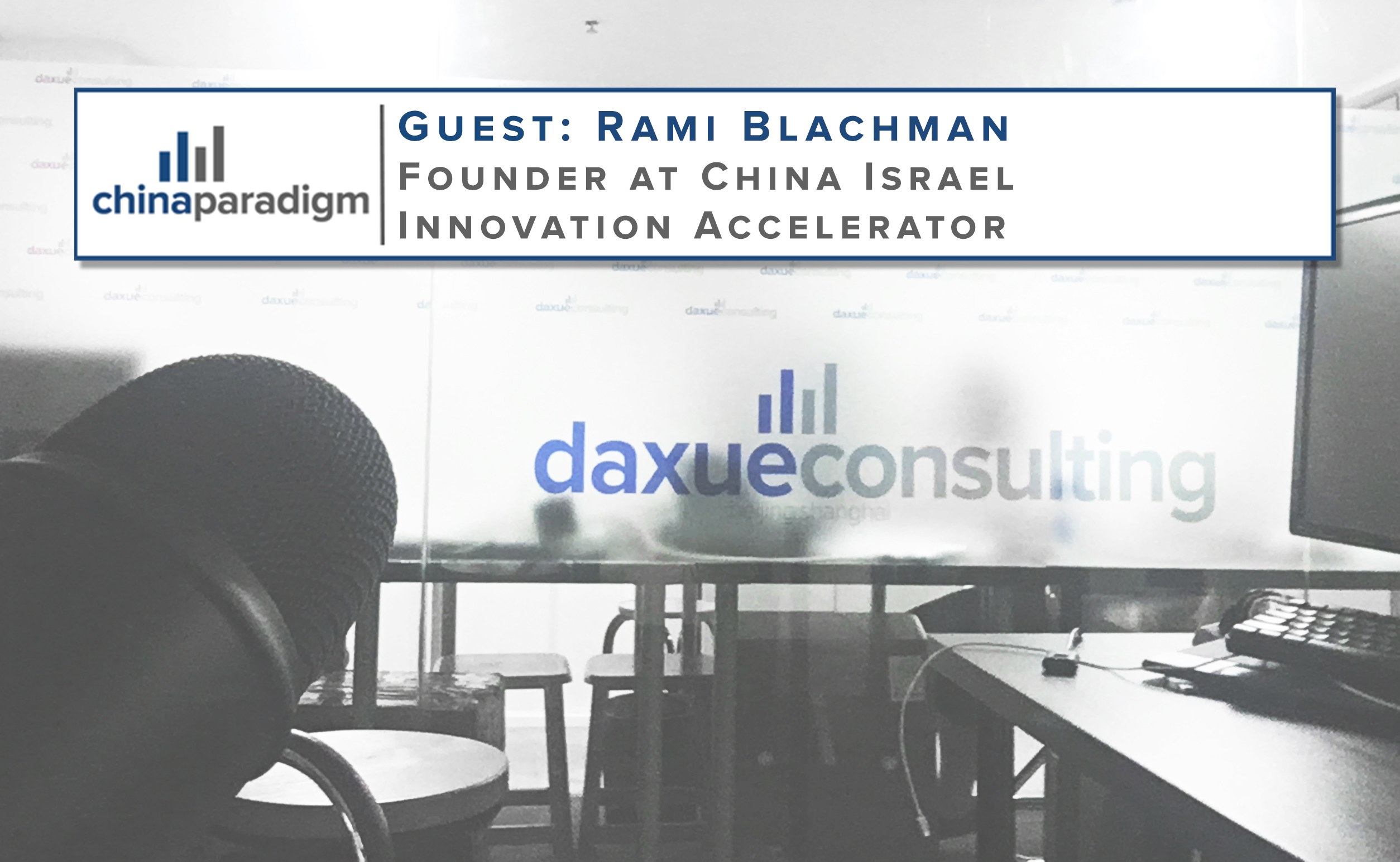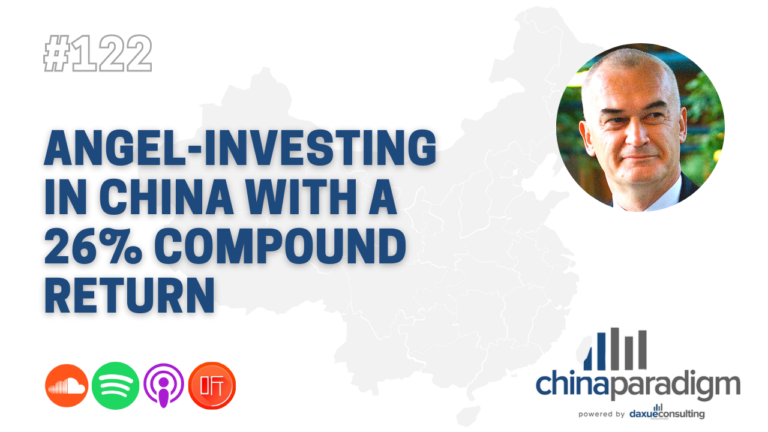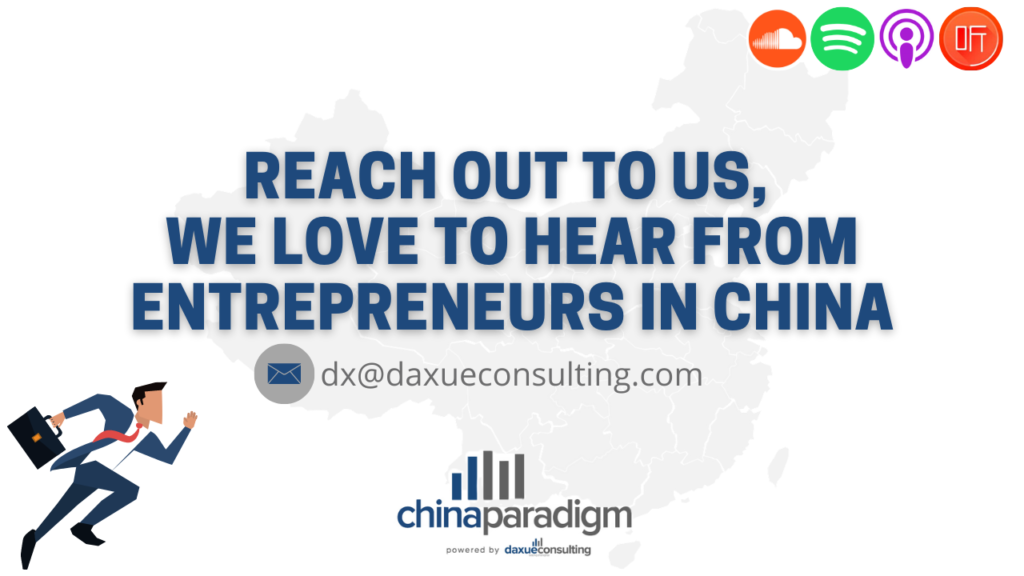China Paradigm interviewed Rami Blachman, the founder of China Israel Innovation Accelerator and business advisor at AgriNation Venture Capital, to have a comprehensive knowledge of Israeli technology companies in China, to best identify the emerging markets in China, and to look into the market strategies in various Chinese cities.
Rami Blachman, bringing Israeli technology companies in China
After graduated from Columbia Graduate School of Business in 1995, Rami started his career at Thomson Reuters as a product manager, dealing with online financial information. Right after this experience, he founded his own company, Matisse Software, in Israel, providing advisory services for software development companies in Israel, America, and Europe. These initial two experiences absolutely laid the foundation for Rami’s future endeavor.

Rami has specific expertise in financial services and business development. Soon after his first entrepreneurship experience, Rami turned his view from Europe and America to China. He discovered massive emerging markets in China for Israeli start-ups. For example, at that time, the Internet giant in China, Alibaba, has hired Israeli engineers to develop the next generation of retail technology companies. With his strong interest in Israeli technology companies in China, Rami not only provides market strategies in various Chinese cities but also conducts venture capital for promising foreign companies in China.
China Israel Innovation Accelerator, seek and bring the most promising Israeli technology companies in China
China Israeli Innovation Accelerator is based in Shanghai and works as a gateway for Israeli technology companies in China. It helps Israeli companies to open the doors of the Chinese market. They are focusing on Israeli companies that have reached the revenue stage, which generally means small or medium size start-ups. Their services include commercialization, capital investment, and market strategies in various Chinese cities.

In a nutshell, Rami is interested in Israeli companies with two characteristics: technology-related and initial stage.
“Now the China Israel Innovation Accelerator is a framework that I founded about a year ago. I think we are pioneers; pioneers have good aspects and it’s very challenging also because you are breaking into the market and that’s never an easy thing.”
Breaking into the Chinese market is always a challenge for Israeli start-ups. As Rami explained, Israeli companies are more cautions to enter the Chinese market than the European one. Therefore, China Israel Innovation Accelerator is there to help them with all the difficulties they will be facing.
Israeli technology companies in China, difficulties, and opportunities
Israeli technology companies in China are facing both difficulties and opportunities. They may have issues in seeking financial services in China and cooperating with Chinese companies. In spite of this, they will still be attracted by large emerging markets in China
Financial services in China for Israeli companies
According to Rami’s suggestion, Israeli companies would be better to raise funding out of China, “if you’re just raising money, you ought not to go to the Chinese market. The chances are not high and you will waste a lot of time.” The first setback will be the barrier between USD and RMB. Therefore, it would be wiser for them to first raise funding in the western ecosystem. What’s more, for Israeli companies aiming to go to the Chinese market, it is still better to get initial investment before entering China. Indeed, there are hundreds of technology start-ups in China, especially in the Chinese Internet era, and investors are more likely to first take Chinese start-ups into account, as they are facing a higher risk when investing in Israeli technology companies in China.
However, the situation is always changing. According to Rami’s previous interview, China’s venture capitalists are currently moving their preferences and start to look at foreign start-ups with significant interest. Although it will take a while to see a different picture, we have to admit that financial services in China will bring Israeli companies more opportunities in the future.
Market strategies in various Chinese cities
Rami has experience in business development in various Chinese cities. Some are tier 1 cities like Beijing, Shanghai, and Shenzhen, others are tier 2 or tier 3 cities that are not that well-known for Israeli companies. Governments of
Emerging markets in China, five promising sectors
Rami has talked about emerging markets in China based on his observation. There are five sectors to consider: urban tech, food agro Tech, cleantech, digital marketing, and digital health-care. Rami has mainly introduced his insight into urban tech, and according to him, it is tightly related to IoT. China is developing 5G technology at a high speed, which has made IoT going from an idea to reality. Thus, as China is a leader in the IoT field, there will be a large market for foreign companies in urban tech.
“UrbanTech is like an umbrella. It’s something that could sit with many things. Basically, the aim to improve the lives of people who live in cities. We see that urbanization is a trend that is growing, more and more people moving to big cities, particularly in China, it’s going to be already more than 50% in China.”
Urban tech will ensure the citizens to live a better life. It includes various aspects in urban areas such as transportation, buildings, and smart homes. Urban tech, in Rami’s perspective, still has a long way to go as it is in the development of technology as well as the education of citizens since they will need time to fully understand and master IoT. However, it will still be a giant emerging market in China for foreign companies.
Listen to this episode here:










